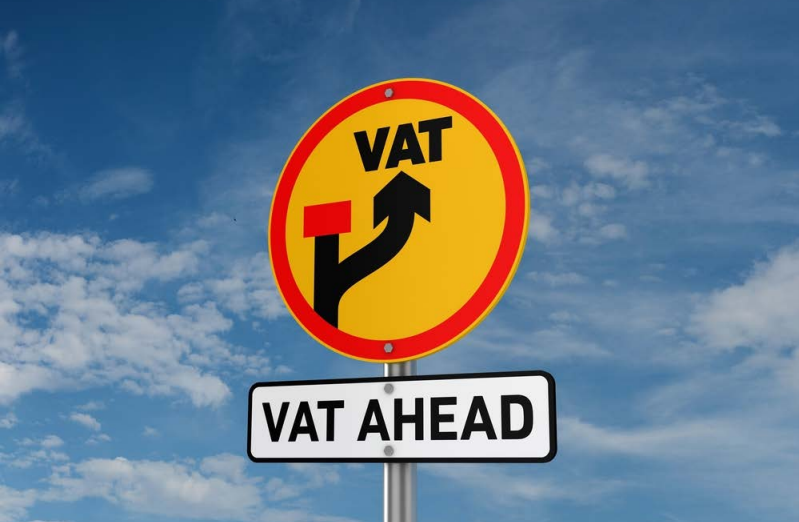In today’s challenging business climate, SMEs must seize every possible advantage to survive and succeed in a fiercely competitive market.
Many companies will seek to gain a competitive advantage by making significant improvements to their business, such as; expanding to new markets, funding new technology, or streamlining their business. New investments are expensive, yet there are little things that you can do, which will greatly benefit your business in the long-run.
Every little helps
Simple things like keeping on top of your tax and understanding what tax reliefs, tax breaks and incentives are available for your business is essential. Maximising tax reliefs play a crucial role in keeping your cash flow healthy. However, many business owners aren’t clued up on this, which causes them to miss out on vital income.
In this article, we shall examine the most current tax incentives that are available for small-medium sized businesses.
Register for VAT

Companies that have a turnover of over more than £85,000 a year are obligated to register for VAT and failure to do so can result in a substantial fine. However, companies that have a turnover lower than the threshold can voluntarily register for VAT if they wish.
A lot of you might be confused and questioning why would I register for VAT early if I don’t have to? And, I bet it sounds like a hassle that you could be better off without, right? However, voluntarily registering for VAT early comes with a list of benefits including;
- Backdate VAT claims up to 4 years and invest the reimbursement money into the business.
- The Cash Accounting scheme makes you accountable for just the payments that you have made and received, which eliminates invoice issues. This benefit is great for companies that offer periods of credit to consumers or have late payers
- The Cash Accounting scheme will make you accountable for just the payments that you have made and received.
- Obtaining a VAT number will enhance your reputation amongst customer and distributors.
- The VAT Annual Accounting Scheme allows companies to submit a VAT return after the first year, which saves money on administration.
Furthermore, if you’re a B2B company selling to other companies, then you will most likely pay less tax as opposed to dealing with an individual consumer.
Get rewarded for innovation

Research and development (R&D) is a unique tax credit that is designed to reward UK companies that are working towards advancing in science and technology. The R&D Tax Credit schemes are becoming increasingly popular with more and more claims being made, and the average R&D tax credit claim value for small businesses is £61,514. However, the majority of business owners are unaware that the R&D tax credit is available to them.
If you would like to find out more information about the R&D Tax Credit Scheme, or if your company is eligible for the scheme, click here.
Once HMRC has received your application, it can take up to four to six weeks for them to process it, and if your claim is successful HMRC will deposit the R&D tax credit cash into your bank account. If your business is profitable, then they will reduce your overall corporation tax bill, but if you have already paid it for this period, then you will receive repayment. And, if your company has suffered a loss this period, then you will receive an R&D tax credit refund.
Entice Investors with SEIS

If your business has been trading for less than two years and its assets are less than £200,000 in value, then you can receive support under the Seed Enterprise Investment Scheme (SEIS). The SEIS was established in 1994 and was developed to support companies in raising money (up to £150,000) when they start trading. How the scheme works is that it offers tax incentives to investors who buy new shares in your company, therefore making it an attractive business opportunity.
If you are interested in finding out more information about the Seed Enterprise Investment Scheme and would like to apply for it, click here.
Let’s get this party started

Many organisations arrange annual events for staff members such as Christmas parties or summer BBQs, which allows employees to let their hair down and socialise outside of a working environment. As I can imagine, a lot of you might be aware that staff parties can be expensive, so if there’s any way of reducing costs it would be welcomed with open arms. However, not many business owners know this but there’s a tax relief available to limited companies that will help contribute to the costs of company events. The benefit extends to a plus one of each employee and covers food, drink, travel and accommodation.
A staff party or event is qualified as a tax free benefit providing that companies follow the conditions below;
- The cost per head doesn’t exceed £150
- The event is for entertainment purposes only
- All employees are invited
If your company hosts two events in one financial year and the overall cost per head exceeds £150, then the tax relief will be applied to the most expensive event making the other one taxable.
We hope that you found our top 4 four incentive tips useful and that it will inspire you to take advantage of these great tax reliefs which will save you a lot of money in the long-term.
If you would like to learn how your company can reduce costs further through other aspects of the business, get in touch with us today on 0161 637 1080 or write to us at enquiries@jpaccountant.com so that we can arrange a consultation for you. We also offer a UK business set up service, which is ideal if you are considering switching your business from a sole trader to a limited company.
